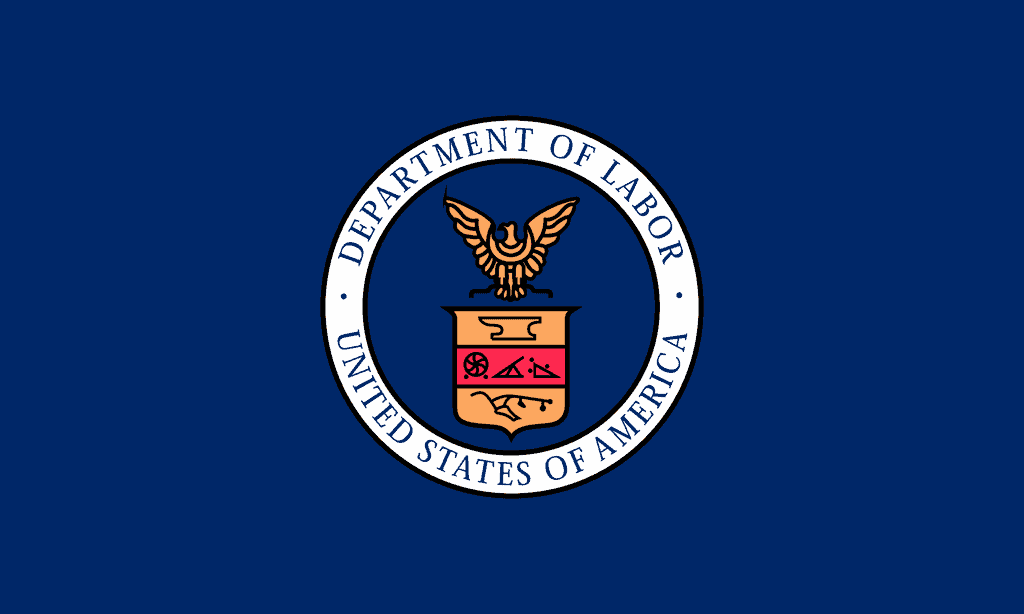Lolita De Palma is a student at Harvard Law School.
On Sunday, the Department of Labor announced a final rule for its updated regulations on joint employer status under the Fair Labor Standards Act (FLSA). The new rule relies on a four-factor balancing test to determine joint employer status, considering “whether the potential joint employer (1) hires or fires the employee; (2) supervises and controls the employee’s work schedule or conditions of employment to a substantial degree; (3) determines the employee’s rate and method of payment; and (4) maintains the employee’s employment records.” The department has also chosen to identify factors that will no longer be considered relevant to determining joint employer liability. Overall, the rule significantly cuts back on the expanded joint employer definition that was adopted during the Obama Administration.
On Saturday, the French government retracted its proposal to raise the full-benefits retirement age from 62 to 64 in response to weeks of crippling strikes and protests. Prime Minister Édouard Philippe wrote to union leaders saying that he would “provisionally” withdraw the proposed changes to the age requirement. The strikes and demonstrations are likely to continue, however, as many unions demand that President Macron abandon the reform plan entirely. But support for the strike has decreased in recent weeks, with only 452,000 currently protesting (down from 800,000 when the strike began on December 5th).
St. Louis County snowplow drivers, along with bridge workers, building maintenance workers, part specialists, and snow plow mechanics, represented by Teamsters Local 320, have rejected the county’s final contract offer. The workers have been fighting for increased maximum sick leave accrual, as well as increased health-care coverage. The membership could go on strike as early as Tuesday morning. Teamsters Local 320 Secretary-Treasurer Brian Aldes said, “The membership is standing strong. . . . They feel empowered and they feel good.”
SEA/SEIU Local 1984, based in New Hampshire, has chosen to act separately from its national affiliate, SEIU, and endorse Bernie Sanders for the Democratic presidential nomination. SEIU continues to remain neutral in the endorsement process.
A new study has found that raising the minimum wage reduces suicide rates among working-age adults without a college degree. The 26-year study finds strong links between income and mental health. And it is just one of four recent studies to find a correlation between higher minimum wages and lower death rates.






Daily News & Commentary
Start your day with our roundup of the latest labor developments. See all
February 23
In today’s news and commentary, the Trump administration proposes a rule limiting employment authorization for asylum seekers and Matt Bruenig introduces a new LLM tool analyzing employer rules under Stericycle. Law360 reports that the Trump administration proposed a rule on Friday that would change the employment authorization process for asylum seekers. Under the proposed rule, […]
February 22
A petition for certiorari in Bivens v. Zep, New York nurses end their historic six-week-strike, and Professor Block argues for just cause protections in New York City.
February 20
An analysis of the Board's decisions since regaining a quorum; 5th Circuit dissent criticizes Wright Line, Thryv.
February 19
Union membership increases slightly; Washington farmworker bill fails to make it out of committee; and unions in Argentina are on strike protesting President Milei’s labor reform bill.
February 18
A ruling against forced labor in CO prisons; business coalition lacks standing to challenge captive audience ban; labor unions to participate in rent strike in MN
February 17
San Francisco teachers’ strike ends; EEOC releases new guidance on telework; NFL must litigate discrimination and retaliation claims.